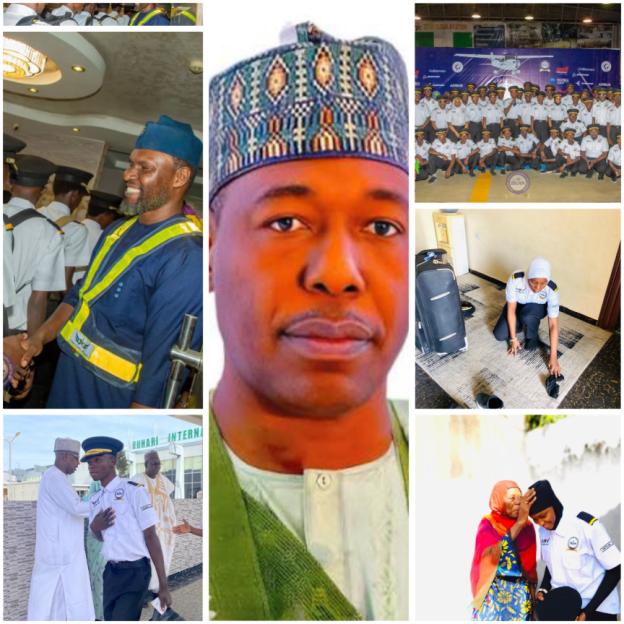Table of Contents
- Concern Over Gender-Based Violence
- Stakeholders' Engagement Meeting
- Contributing Factors
- Men's Responsibilities
- Role of Religion
- Government Action
- Welcome Address
Stakeholders in Jigawa State have expressed significant concern regarding the increasing incidents of gender-based violence, describing this trend as alarming and a serious threat to the safety, dignity, and well-being of women and girls.
This concern was raised during a stakeholders’ engagement meeting
organized by the Centre for Information Technology and Development (CITAD) in partnership with the Male Feminist Network (MFN) project, supported by the Ford Foundation through the Centre for Leadership, Strategy, and Development (Centre-LSD), which took place on Wednesday at True Run Plaza, Dutse.
The stakeholders identified poverty and illiteracy as contributing factors to this issue within society.
They attributed two-thirds of the problem to men, citing their neglect of essential responsibilities, which has resulted in ongoing harm to the lives of victims.
“There is a necessity for proper counseling for men prior to marriage so they can fully grasp their responsibilities as husbands.
“This could significantly reduce gender-based violence, much of which arises from divorce and family breakdowns,” they stated.
They emphasized that both Islam and Christianity provide comprehensive protection for women and children, who are often the primary victims of such violence.
“It is essential for our Imams and pastors to address the issue of gender-based violence in their sermons and services, so men, who are key actors, can better understand the religious perspectives on this problem,” they advocated.
They urged the state government to ensure the effective implementation of the Violence Against Persons Prohibition Act to eliminate violence in both private and public spheres.
In his welcome address, Muhammad Sani Sa’idu, MFN Project Officer, stated that the theme of the engagement is “Men as Protectors, Not Perpetrators: Promoting Faith, Culture, and Justice to End Gender-Based Violence.”
He noted that men, who should be protectors of women against gender-based violence, have unfortunately become perpetrators.
Frequently Asked Questions
What are the main concerns regarding gender-based violence in Jigawa State?
Stakeholders are worried about the alarming rise in gender-based violence, which poses a serious threat to the safety, dignity, and well-being of women and girls.
What factors contribute to gender-based violence?
Poverty and illiteracy are significant factors contributing to gender-based violence in society.
What role do religious leaders play in addressing gender-based violence?
Religious leaders, including Imams and pastors, are encouraged to discuss gender-based violence in their sermons to educate men about their responsibilities and religious views on the issue.
What actions should the government take to combat gender-based violence?
The state government should ensure the implementation of the Violence Against Persons Prohibition Act to help eliminate violence in both private and public life.







